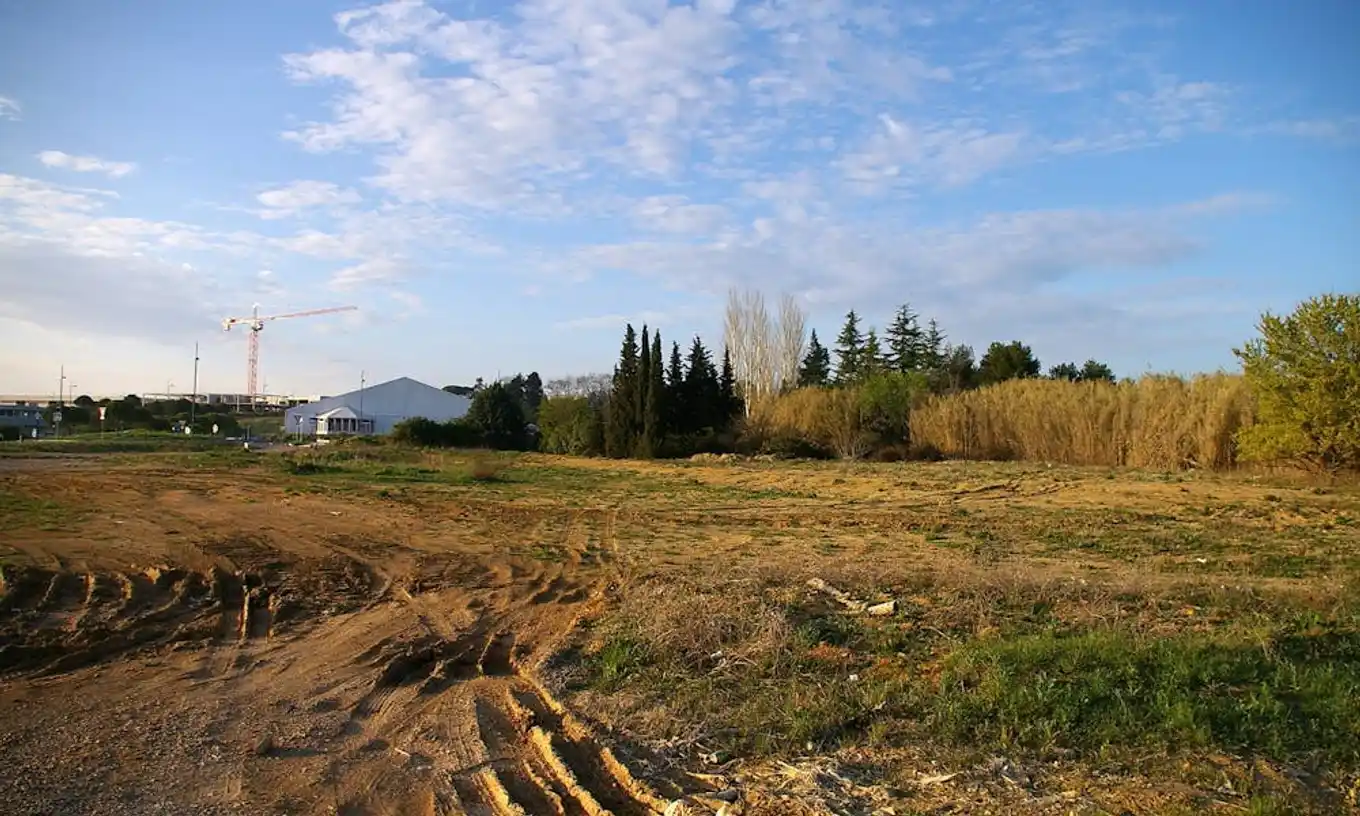

This is an area of land that cannot be built on because it does not have planning permission to build from the appropriate authorities. You might have a fantastic piece of land that is zoned as residential or commercial, only to learn later that you can't build on it. You might even hear from a real estate professional that the site is undoubtedly suitable for construction. The building department can confirm that you can build in this area even if you don't have any blueprints. Then, when it comes time to submit the building plans, you get a big refusal stamp.
Land can be rendered unbuildable due to several reasons:

When valuing unbuildable land, the allowed use that will generate the highest return on investment and the highest and best use of the property is chosen first. In addition, for unbuildable land to have value, it must have some economic purpose.
The following are factors to consider to estimate a land’s worth properly;
Comparative analyses of each sold property should be conducted, and the adjusted values discovered for the appraised piece in each exercise should then be averaged. The estimated worth of the unbuildable land is represented by this average number.

For a buyer, it is crucial to conduct a study of unbuildable lands by analyzing their features and determining whether the acquisition of the land is lucrative. This will ensure that the selling price is reasonable. You only need to perform a straightforward calculation to accomplish this. The formula for this calculation is the Value of return minus the Investment cost. (Investment costs - Value of return).
The seller must research the real estate market and analyze comparable unbuildable lands in order to determine the price. You can conduct this examination online through a real estate portal such as RealAdvisor for instance. The owner will then need to modify the cost of his property in light of its advantages and disadvantages to find the appropriate price.
Like all real estate, unbuildable land is valuable, and what you choose to do with the land you own can make it all the more profitable. Unbuildable land can be kept the way it is and later sold on the market. Also, it can be used as land for boat storage. Although people like leisure activities like boating, finding storage for those things can frequently be difficult, especially if they reside in cities or compact suburban areas. The land can also be used for farming purposes.
Cultivating timber is a popular way to make money. Also, why not plant flowers if you enjoy the notion of growing things and want to generate money off of unbuildable land? You can cultivate flowers on your property and sell the best specimens at a nearby farmer's market. Unbuildable can also be used to build roads in the community. Usually, compensation benefits are offered to the owners of the land. Unbuildable land can also be used to harvest solar energy. Though the construction of these solar panels and fuel is expensive, its returns or profits are incredible.
You can also make use of unbuildable land by breeding animals to sell to generate money. Why not, if you have the time and room to do it? Just make sure you're abiding by the local laws and treating everyone fairly. For a more passive strategy, you can also lease the land to local farmers so they can graze their livestock.
Finding the worth of your unbuildable, vacant land and knowing how best to make use of it is not always simple. At RealAdvisor, we offer land, building, and home evaluation and services to help you estimate the worth of your unbuildable land.
In summary, these are important points about the worth of unbuildable land:
No, but while no investment in land can be completely guaranteed, unbuildable land is still a secure choice if you keep in mind a few important factors, including market value, potential future development on nearby properties, and zoning regulations.
The answer to this is relative. If your land is unbuildable due to zoning and building regulations in your town, city or country, you must find out from the right authorities the specific reasons that have rendered your land unbuildable. These reasons could be related to septic, well water, small lot size and access to site issues. Ask the responsible official whether there are any actions you can take to be able to develop on the site once you are aware of the precise reasons mentioned.
The answer is Yes. Your local building and planning authority is your best bet for finding out whether the land you want to buy is suitable for construction. You can also do a title search to learn a great deal about the land including who the owner of a lot is, how the land was used, and if there are any deed constraints or easements.
5 min